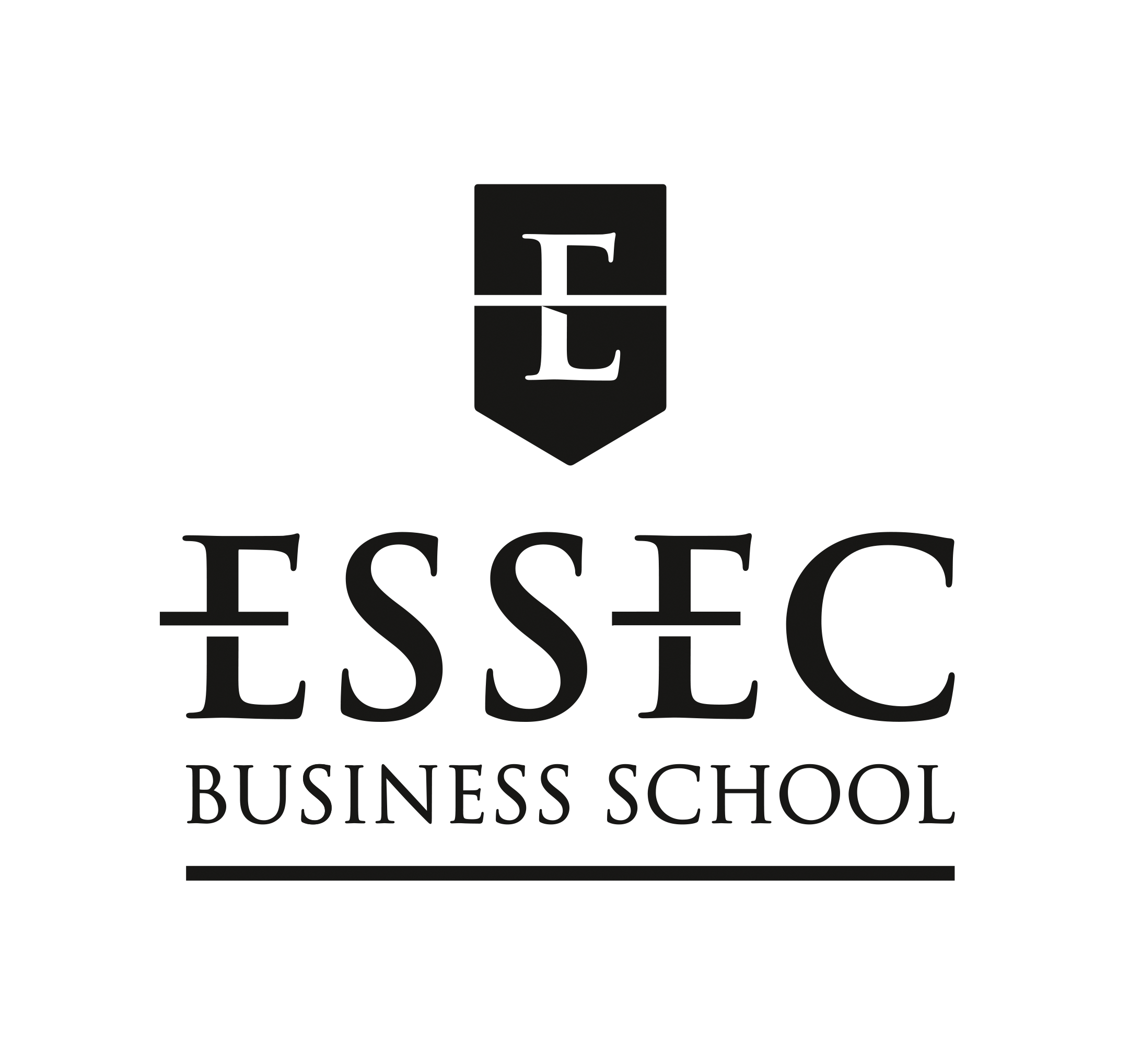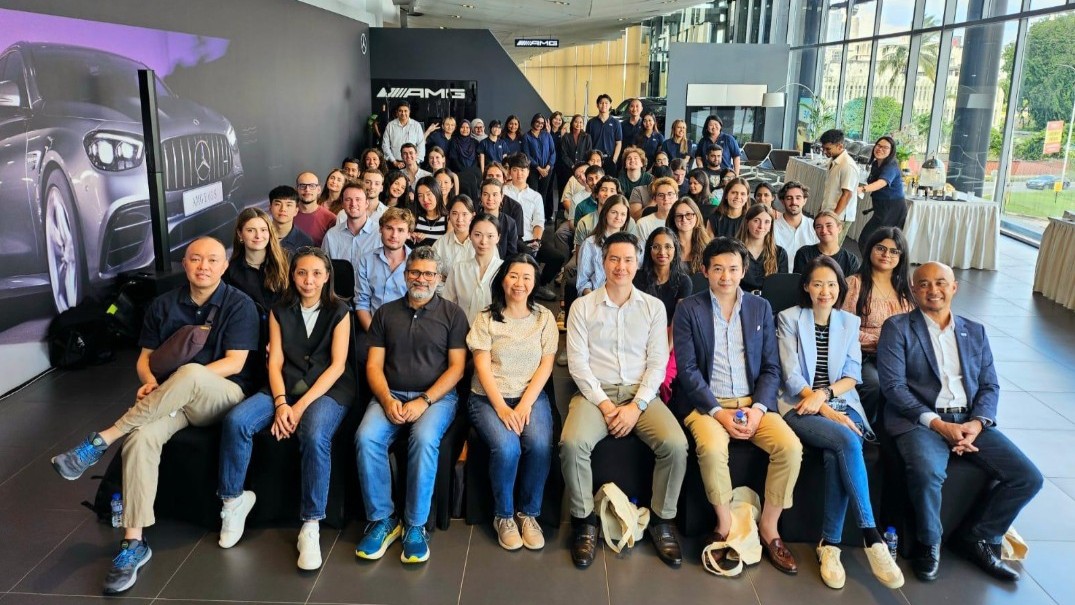On your quest to find a dream internship, there are a lot of questions you might find yourself asking along the way. We asked ESSEC students, alumni, and staff with a ton of internship experience to answer our most frequently requested internship questions.
Hear from Global Bachelor of Business Administration (GBBA) students Siyi Chen and Simran Hathiramani, both of whom are in their fourth year, along with Janice Chen, a recent graduate.
Siyi has completed countless internships in various investment banking firms in Singapore and abroad. Simran has completed nine competitive internships at organizations such as J.P. Morgan, Credit Suisse, and AllianceBernstein. Janice graduated in 2021 after completing internships at Dior and L’Oréal. She now works in HR at Unilever.
We also spoke to Cerella Sim, ESSEC Asia-Pacific Global BBA Career Advisor, with quality advice and industry knowledge to share with students.
Could you tell me where I should start?
ESSEC Career Services offers a range of resources (from workshops to individual coaching) to students who need help finding and preparing for an internship.
Cerella has a wealth of knowledge to share with students, from where they should look for internships to designing their CVs based on the organization they want to work for.
Simran credits ESSEC Career Services for helping her with the entire application process. This included CV feedback and mock interviews designed to help her prepare and approach the recruitment process.
What If I Don’t Know Where I Want to Work?
Janice suggests starting with an area of interest and allowing the rest to flow from there. Janice knew she was interested in beauty and consumer products and felt this gave her an edge in the interview stages of internships because it was easy to be interested in the role.
Another tactic is to apply to the organization that can offer you the most opportunity. Siyi was given this advice by an interviewer who said the best training and resources would help in the later stages of her career.
How Many Internships Should I Take?
ESSEC students must complete at least three internships to graduate. That said, you can complete as many internships as needed to develop your skills and build confidence.
Students like Simran and Siyi completed a ton of internships. Simran believed more experience would give her an advantage over other candidates.
“People were more willing to hire me when I had more practical experience. The firms that were responding were also of a much better quality.”
How Important Is Networking Really?
Networking through internships is a low-stakes opportunity to learn about job openings and gain valuable career advice. Interning for a team that admires your work ethic and performance might open doors for your next career move.
The proof is in the pudding: Janice claims “networking is [a] huge.” Janice landed her internship at L’Oréal thanks to a connection in her previous internship.
Simran connected with ESSEC alumni over coffee, and although it didn’t lead to anything at first, she went on to work for them at another organization later.
When asked how to secure an internship, Simran explained that networking immensely helped her. “It showed that I was not just concerned with the internship but also wanted to learn more about the company and its people.”
What If I Don’t Like My Internship?
Please stay connected with ESSEC Career Services and discuss your worries with them. If you don’t like your internship because you are being asked to work overtime or feel you are being taken advantage of somehow, Cerella and the team can talk it through with you.
If you don’t like the internship because of the work you need to do or tasks you are being set, share your concerns with your manager.
Janice says difficult conversations where you share your opinions on how work is being completed or that you are struggling to complete tasks can be a terrific learning experience.
Janice explains, “Don’t be afraid to voice your opinions or tell them, ‘Hey, I have too much work…I’m not able to handle this.”
Although it might seem scary initially, it’s essential to learn to speak up professionally and productively in an office environment.
RELATED POSTS
MiM Study Trip: Kuala Lumpur As A Gateway To Dynamic South-East Asia Markets
As part of the academic journey of Master in Management (MiM) students from ESSEC's Asia-Pacific campus, they embarked on a fascinating study trip to…
MiM Study Trip: Exploring Southeast Asian Markets Through the Heart of Bangkok
Master in Management (MiM) students from ESSEC's Asia-Pacific campus embarked on a transformative study trip to Bangkok, Thailand, where they gained…
Finding the Right Career Paths: MiM Students Credit Internship Opportunities
ESSEC Master in Management students Justina Hu and Anwesha Das discussed how internships helped them find direction for the future.
MiF Students Score Internships at Global Institutions In Their First Year
Student Ambassadors Marie Hotton and Michel Henry Verhasselt share their experiences and tips for interning at global institutions.
Ready for the Working World? No Problem, Say MMD Graduates
As they near their career goals, Nikita Gundala and Maximillian Kern reflect on how the MMD program has prepared them for the working world.
Career Transitions S3E7: Refresh Your Perspective to Accelerate Your Transition
Listen to the final episode of Career Transitions podcast in collaboration with ESSEC Asia-Pacific featuring hosts Vanessa Iloste and Vanessa Teo.








